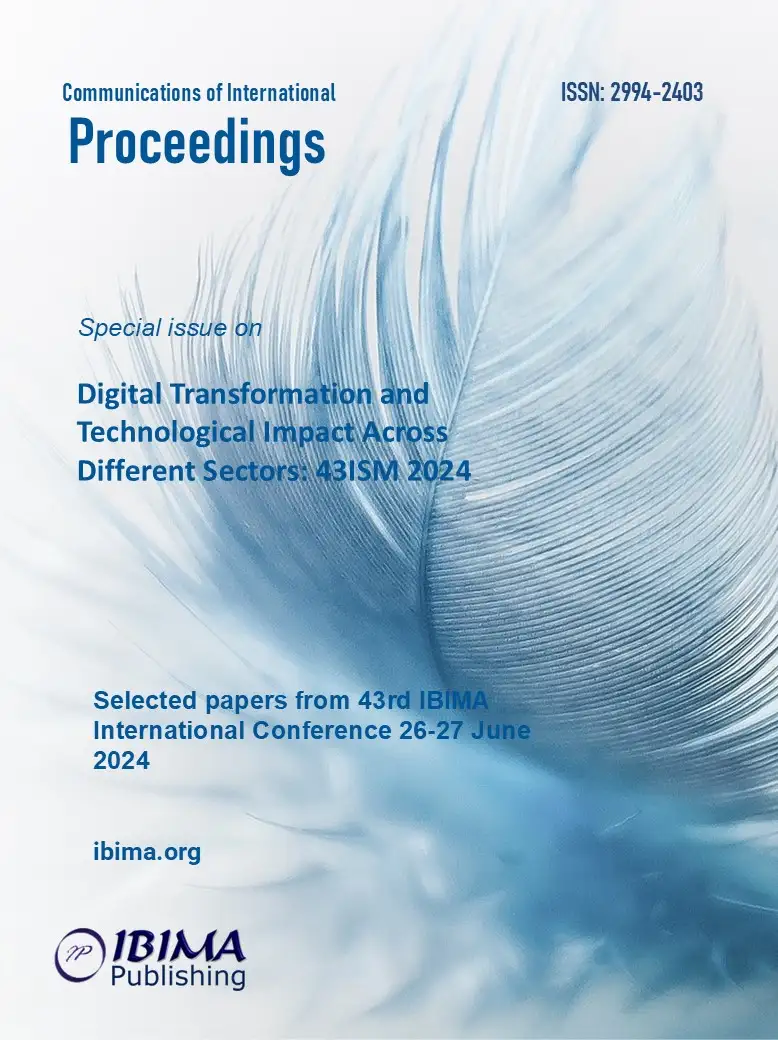
Nehaluddin AHMAD, Faizah RAHIM and Hafizah HAPIDSHAH
University Islam Sultan Sharif Ali (UNISSA), Brunei Darussalam

The article meticulously examines the strategic use of drone technology in targeted operations, with a strong focus on operational efficiency and technological advancements within established legal frameworks, including cyberlaw regulations. It discusses how technology can enhance mission effectiveness, mitigate risks, and ensure compliance with ethical and legal standards, particularly in targeted killings. Starting with recent advancements in drone data processing, sensor technology, and flight capabilities, the analysis emphasises the importance of adhering to cyberlaw regulations governing data privacy, cybersecurity, and ethical use in warfare. These advancements have revolutionised targeted killings, enabling more precise targeting, enhanced surveillance capabilities, and improved situational awareness. Additionally, the study addresses logistical challenges, mission planning intricacies, integration with military systems, and other operational considerations associated with drone deployment. It explores innovative strategies for overcoming these challenges through computational methods and advanced technology, demonstrating how organisations can optimise efficiency and achieve strategic objectives with drone technology. The article emphasises the significance of best practices in data analysis, mission execution, and decision-making processes to enhance mission success rates. Ultimately, it underscores the vital role of technology in maximising operational efficiency while minimising human risk, highlighting the importance of technological strategies and operational effectiveness in warfare scenarios.